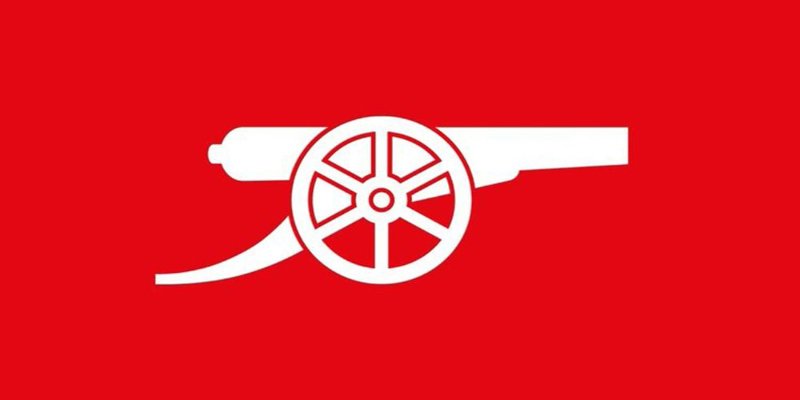
Arsenal FC: The Legacy, The Passion, The Glory
The Wenger Revolution
The arrival of Arsène Wenger in 1996 marked a turning point in Arsenal FC‘s trajectory. His visionary approach to coaching changed the fabric of the club and transformed English football as we know it today. This section will explore Wenger’s profound impact on the club, including his emphasis on fitness, nutrition, and attacking football.
Tactical Evolution and Style of Play
Wenger’s philosophy centered around attractive, attacking football fueled by technical skill and fluid movement. His tactics emphasized possession-based play, encouraging players to express their creativity on the pitch.
He introduced foreign influences to the squad, notably adopting dietary regimes and training methods that revolutionized player fitness. Wenger’s commitment to developing young talent led to the emergence of stars like Thierry Henry, Patrick Vieira, and Cesc Fàbregas, who became key contributors to the club’s success.
The Invincibles Season
Perhaps the crowning achievement of Wenger’s tenure came in the 2003-04 season when Arsenal went undefeated throughout the entire league campaign, earning them the nickname “The Invincibles.” The squad featured an eclectic mix of talent, combining flair with discipline in a way rarely seen in modern football.
This remarkable feat is a testament to Wenger’s managerial skills, fostering a winning mentality while building a cohesive team dynamic. The Invincibles’ legacy continues to inspire future generations of Arsenal supporters, serving as a benchmark for greatness.
Challenges and Modernization
While Wenger’s influence was largely positive, it was not without challenges. As Arsenal transitioned to the Emirates Stadium in 2006, financial constraints impacted the club’s ability to sign high-profile players. Some fans expressed frustration over perceived stagnation in acquiring top talent, leading to debates about Wenger’s long-term strategy.
Despite these challenges, Wenger remained committed to nurturing young talent, emphasizing the importance of sustainability. His vision ultimately shaped Arsenal’s identity as a club that prioritizes youth development alongside competitive success.
Arsenal FC’s Global Impact
As Arsenal FC continued to build upon its storied past, the club began to expand its global footprint. This section will explore how Arsenal has become a worldwide brand, the significance of its international fanbase, and the role that social media and technology play in shaping the club’s image today.
Building a Global Brand
Throughout the years, Arsenal FC has successfully marketed itself as a brand that transcends borders. By forming partnerships with clubs and organizations around the world, Arsenal has built a diverse and loyal fan following.
These partnerships have facilitated tours and friendly matches, allowing the club to connect with fans in regions such as Asia, Africa, and North America. Arsenal’s achievements on the pitch have captured the attention of global audiences, cementing its reputation as one of the world’s premier football clubs.
Engaging with International Fans
The rise of digital media has allowed Arsenal to engage with its international fanbase in unprecedented ways. Through official social media channels and interactive platforms, the club fosters a sense of community among supporters, regardless of their geographical location.
Fan engagement initiatives, such as live Q&A sessions, behind-the-scenes content, and exclusive merchandise, have allowed Arsenal to strengthen its bond with fans worldwide. The ability to connect with supporters on a personal level enhances loyalty while bringing the Arsenal family closer together.
Navigating Modern Challenges
Despite its successes, Arsenal FC faces challenges common to many football clubs in the modern era. The advent of technology has altered the landscape of football, with increased competition and financial pressures affecting every facet of the sport.
Ensuring competitiveness in a rapidly changing environment requires strategic planning and adaptability. Arsenal must leverage its global brand while continuing to invest in player development, infrastructure, and fan experience to navigate the challenges of contemporary football effectively.
Conclusion
The history and legacy of Arsenal FC are woven into the very fabric of football culture. From its humble beginnings in Woolwich to the heights of global recognition, Arsenal’s journey is a testament to the power of perseverance, innovation, and dedication. The club’s rich heritage, illustrated by its remarkable achievements and unforgettable moments, continues to inspire current and future generations.
Arsenal FC stands as a beacon of hope, embodying the spirit of the game and the unyielding support of its loyal fanbase. As the club embraces its future, it remains grounded in its illustrious past, striving to uphold the traditions that define Arsenal’s identity. Whether on the pitch or in the hearts of millions, the legacy of Arsenal FC endures, ensuring that its story continues to be written for years to come.





